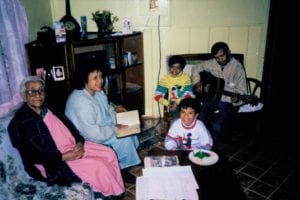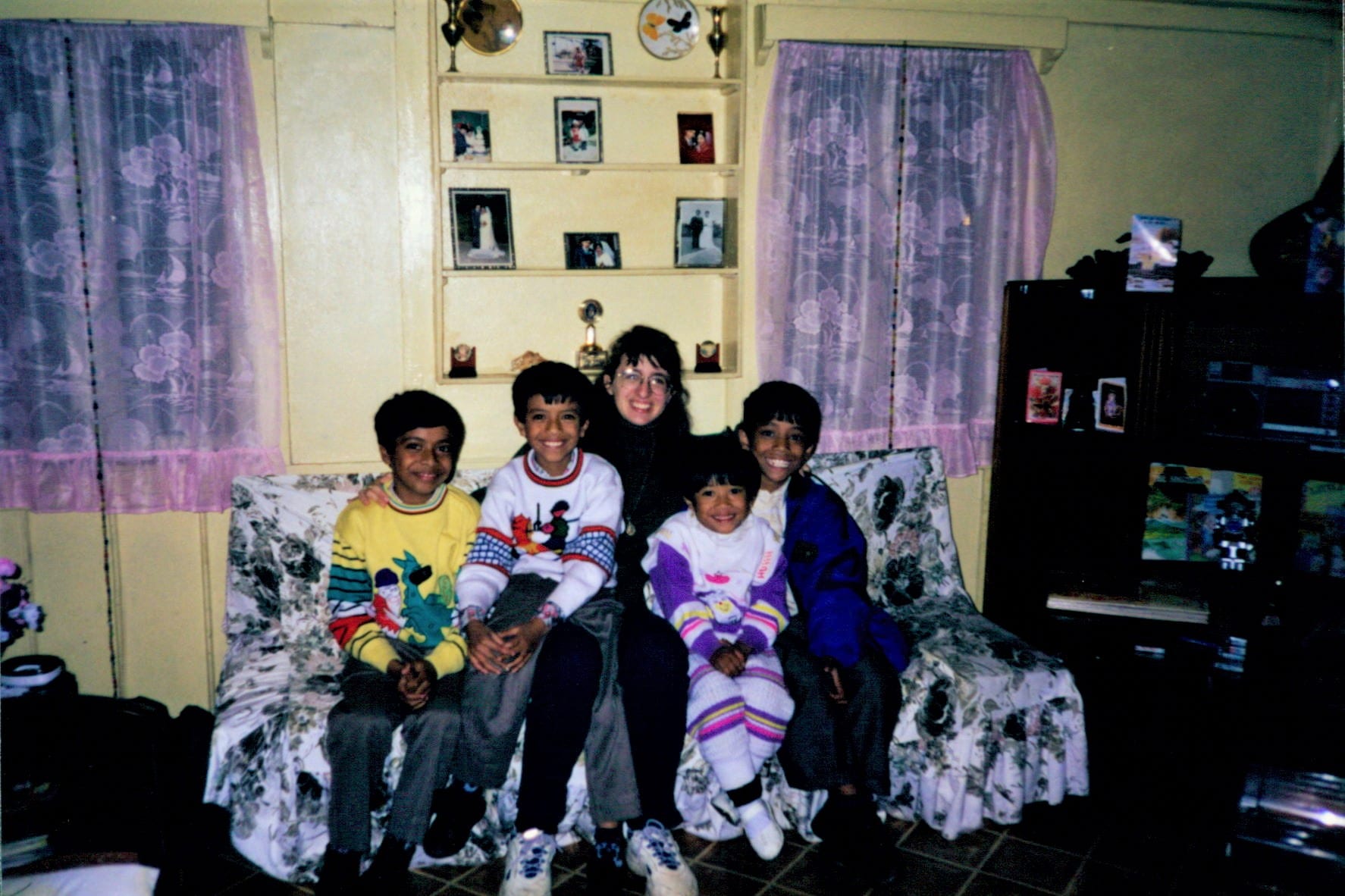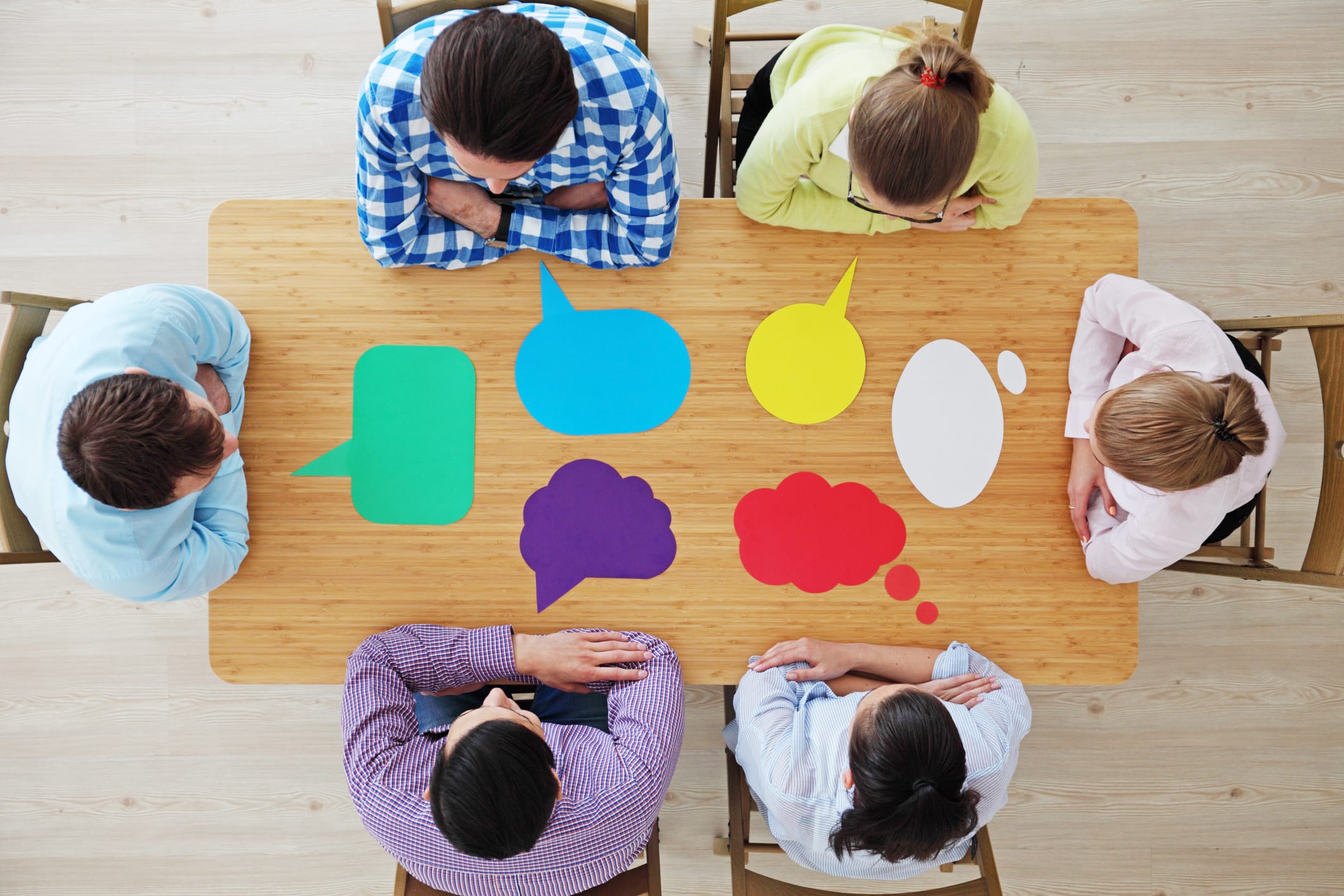 Human beings love the familiar. We seek it out even when it’s not the best thing for us. Familiarity gives us a sense of security and stability.
Human beings love the familiar. We seek it out even when it’s not the best thing for us. Familiarity gives us a sense of security and stability.
When I was traveling solo all throughout my 20’s, I loved the excitement of new ground under my feet. But inevitably the time came when I felt down, isolated among all things different, and homesick. I would seek out the familiar to get relief from those negative feelings.
Every time I faced these challenges, however, I stood at a fork in the road. I could either choose familiarity by surrounding myself with others like me (other expats, other US Americans, other people who looked like me), or I could choose to find familiarity and commonality within the realm of difference.
Over the years I’ve chosen both. Once while living in Pokhara, Nepal, I met a woman from California (my home state) who owned a guesthouse up the street from me. I remember how thrilled I was to meet her, because we could talk without adjusting to cultural differences! We could use California slang and understand each other. And she could empathize with my cross-cultural struggles.
I have also chosen to find familiarity within difference, and I believe those experiences gave me the greatest insight. Once in Sikkim, India I was having a moment of feeling like a complete outsider. I was sitting in an office waiting for an appointment and a local woman started talking to me. She was kind and gentle, and when she found out I was alone she invited me to her home for dinner. I hesitated at first because she was a stranger, but I now look back on that night as one of the best of my life. I made my way to her neighborhood in the evening. We ate, we talked of family, and we played music and sang. All of that felt familiar. We found things in common and connected through our humanity.
In this time of global division, of us vs. them, we need to remember what we have in common. Why? Because we have common problems to solve. Research is very clear that diversity, including diversity of thought, is good for innovation, financial performance, and survival. But diversity and commonality are not mutually exclusive. In fact, we need both to be at our best.
When you encounter difference, consider a compassionate inner response such as “Like me, this person is trying to do a good job. Like me, they may be suffering in some way. Like me, this person is passionate about their values and beliefs.”
Finding commonality involves being vulnerable. It means letting your guard down and trusting people, maybe even when they don’t deserve it. But through commonality, we can release the full potential of our differences.





